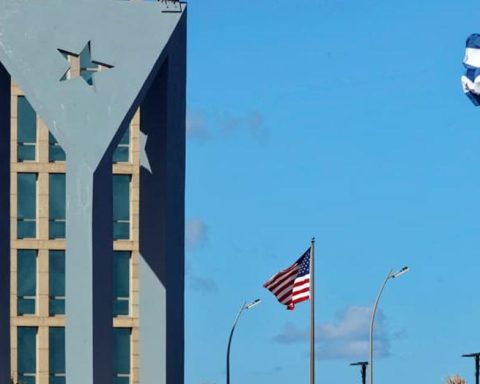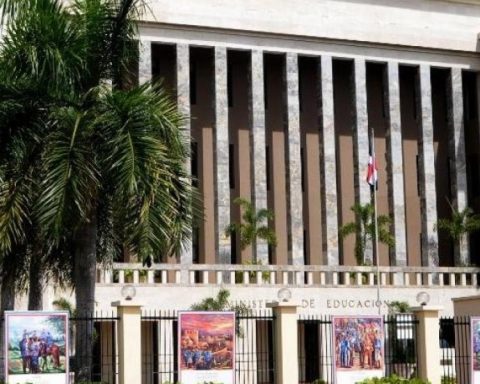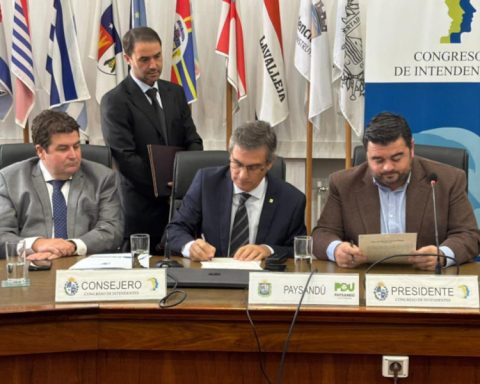The successive increases in the Selic rate (basic interest rates for the economy), currently at 13.75% per year, were the main factor that led to the fall in Caixa Econômica Federal’s profit in the second half of the year, said today (18) the vice president of Finance and Controllership of the bank, Rafael Morais. In an exclusive interview with Brazil Agencyhe said that the financial institution’s profits should rise in the second half and that high interest rates should not harm real estate credit, which hit a record in the second quarter.
According to the balance sheet released today by Caixa, the bank profited R$ 1.8 billion in the second quarter, a decrease of 27.9% in relation to the result of the first quarter. In relation to the second quarter of 2021, the drop reached 70.7%, but the comparison is affected because, in the same period last year, the bank launched Caixa Seguridade shares on the São Paulo stock exchange and sold its stake in Banco do Brasil. Panamerican.
According to Morais, the rapid rise in the Selic rate compressed Caixa’s financial margin because it affected the bank’s funding costs – fees that the institution has to pay for customers who buy applications such as CDBs.
But, according to him, as the remuneration of savings is no longer rising, it helps the bank. Under current rules, savings earn 70% of the Selic rate when the economy’s basic interest rates are below or equal to 8.5% per year. Above this level, savings income is limited to the ceiling, corresponding to 0.5% per month (6.17% per year), plus the reference rate (TR).
With the result of the second quarter, Caixa ended the first half with a profit of R$ 4.9 billion. The amount represents a drop of 54.6% in relation to the positive result of R$ 10.8 billion in the first six months of 2021.
credit growth
As the bank does not have shares on the stock exchange, it is not required to disclose earnings estimates for 2022, as other financial institutions do. However, the vice president of Finance and Controlling at Caixa says he is confident about the second half of the year, mainly because of the stabilization of the Selic rate and the growth of credit.
“We are seeing the reflection of the increase in credit within the result. Revenues from credit operations are rising month by month,” said Morais. According to him, some recent numbers are promising, such as the record in real estate credit, the growth in the granting of credit in Pronampe (special line for micro and small companies) and the consolidation as the largest bank in Latin America in number of customers: 149 million .
The drop in Caixa’s profit, highlighted the vice-president, was offset by the growth of the expanded loan portfolio, which ended the second quarter with a balance of R$928.2 billion, up 13.7% over the same period in 2021. From April to June, the bank granted R$127.8 billion in credit to the Brazilian population, up 18.6% from the first quarter and 17.5% from the same months last year.
Real estate credit grew 11% in the second quarter, ending June with a balance of R$595.2 billion. Today, the bank announced that the stock exceeded R$ 600 billion. The granting of credit for the purchase of real estate also broke a record, with R$ 39.2 billion contracted from April to June. The hiring started the second semester on a high. In July alone, Caixa lent R$ 16.3 billion in real estate credit, a record for a month.
Other credit segments are also expanding. Pronampe’s loan portfolio ended June with R$18 billion lent and grew to R$23.6 billion in July and August. Agricultural credit tripled in 12 months, ending June at R$ 30.8 billion, up 202.3% compared to June 2021. “We consolidated our position as the second largest lender for agribusiness, with priority for small producers,” said Morais.
Interest and default
Despite the significant increase in the Selic rate, which rose from 2% to 13.75% per year since March last year, the vice president of Caixa says that the performance of real estate credit shows that the sector is still not being affected by the high from Selic.
“We see no restriction on real estate credit. We had the biggest quarter in terms of mortgages. The housing deficit in Brazil remains large and we have room to continue growing this year and the following year”, said the vice president of Caixa.
Even with high interest rates, Caixa recorded a drop in delinquency. The rate of operations over 90 days overdue stood at 1.89% in the second quarter, down 0.44 percentage point over the first quarter and 0.57 percentage point over the same period in 2021.
According to Caixa’s vice-president, the decrease in delinquency is due to the improvement in the quality of credit granted by the bank, with diversification of sectors and growth in housing credit. “We have a strong guarantee in real estate credit operations. While the balance is around R$600 billion, we have R$1.2 trillion in guarantees in this segment. Payroll loans also offer little risk for us,” he highlights. The guarantees represent the assets that the banks can take in case of delay in the installments.
listen on National Radio Agency:
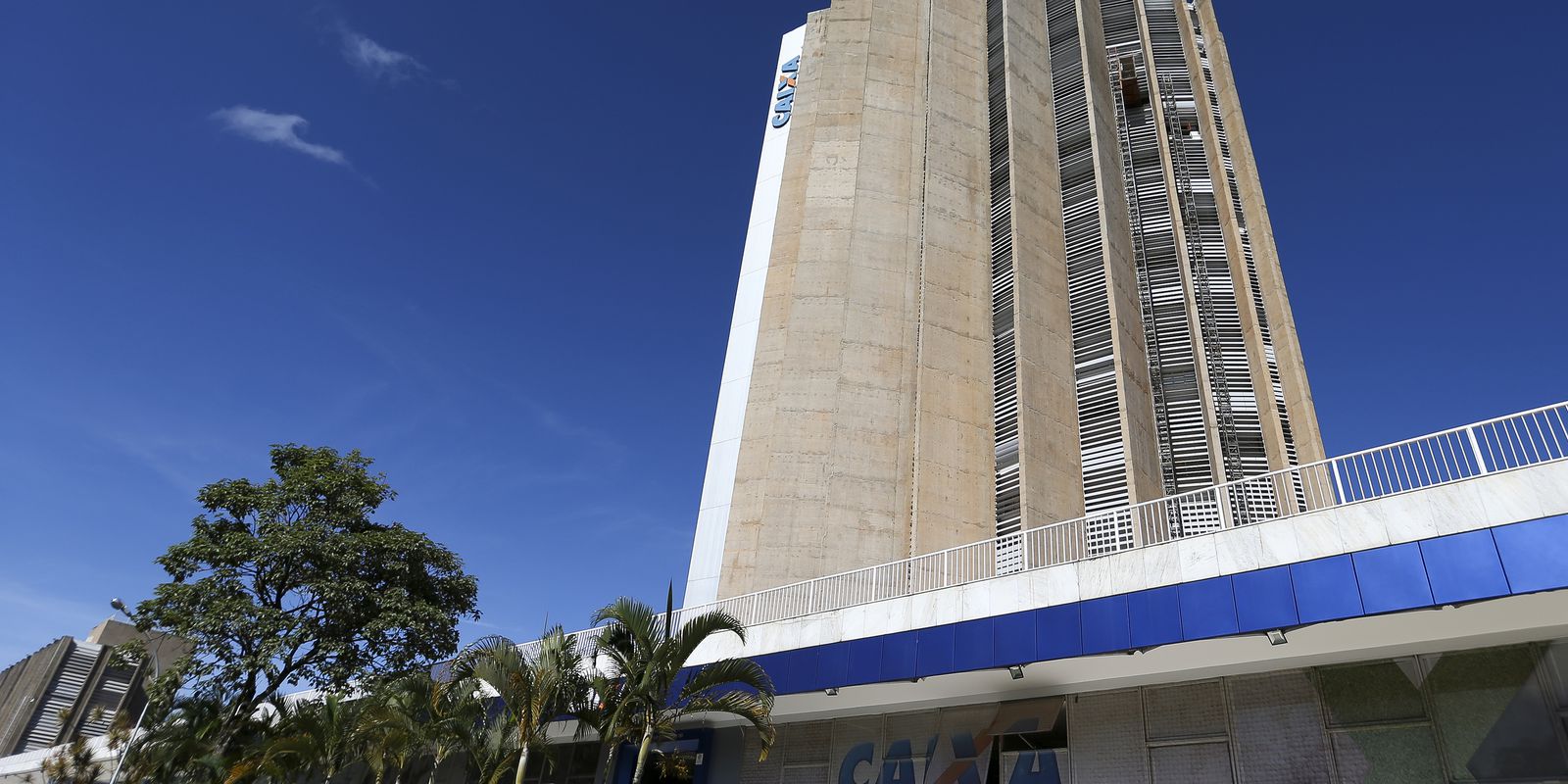
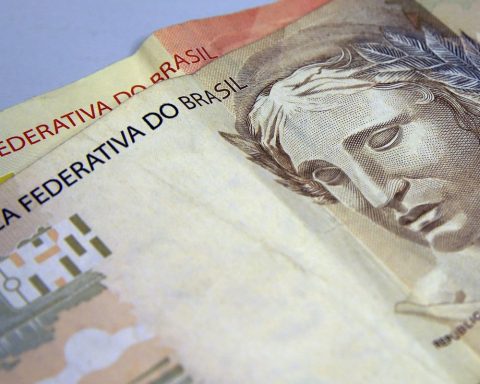

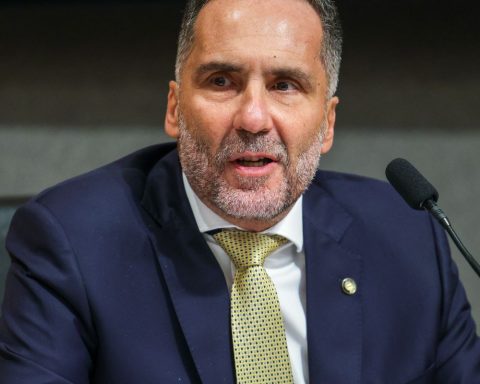
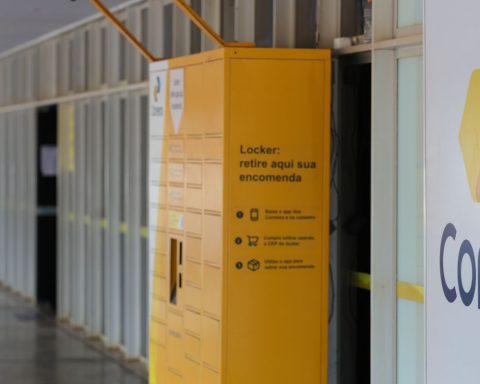





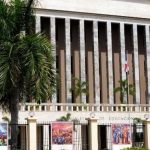

![[Video] Petro gave himself a tremendous blow to the head in the middle of his speech. What happened? [Video] Petro gave himself a tremendous blow to the head in the middle of his speech. What happened?](https://latin-american.news/wp-content/uploads/2022/08/Video-Petro-gave-himself-a-tremendous-blow-to-the-head-1024x630.jpg)


